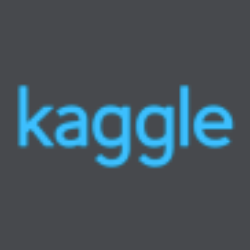Large-scale recommendation models are currently the dominant workload for many large Internet companies. These recommenders are characterized by massive embedding tables that are sparsely accessed by the index for user and item features. The size of these 1TB+ tables imposes a severe memory bottleneck for the training and inference of recommendation models. In this work, we propose a novel recommendation framework that is small, powerful, and efficient to run and train, based on the state-of-the-art Deep Learning Recommendation Model (DLRM). The proposed framework makes inference more efficient on the cloud servers, explores the possibility of deploying powerful recommenders on smaller edge devices, and optimizes the workload of the communication overhead in distributed training under the data parallelism settings. Specifically, we show that quantization-aware training (QAT) can impose a strong regularization effect to mitigate the severe overfitting issues suffered by DLRMs. Consequently, we achieved INT4 quantization of DLRM models without any accuracy drop. We further propose two techniques that improve and accelerate the conventional QAT workload specifically for the embedding tables in the recommendation models. Furthermore, to achieve efficient training, we quantize the gradients of the embedding tables into INT8 on top of the well-supported specified sparsification. We show that combining gradient sparsification and quantization together significantly reduces the amount of communication. Briefly, DQRM models with INT4 can achieve 79.07% accuracy on Kaggle with 0.27 GB model size, and 81.21% accuracy on the Terabyte dataset with 1.57 GB, which even outperform FP32 DLRMs that have much larger model sizes (2.16 GB on Kaggle and 12.58 on Terabyte).
翻译:暂无翻译





